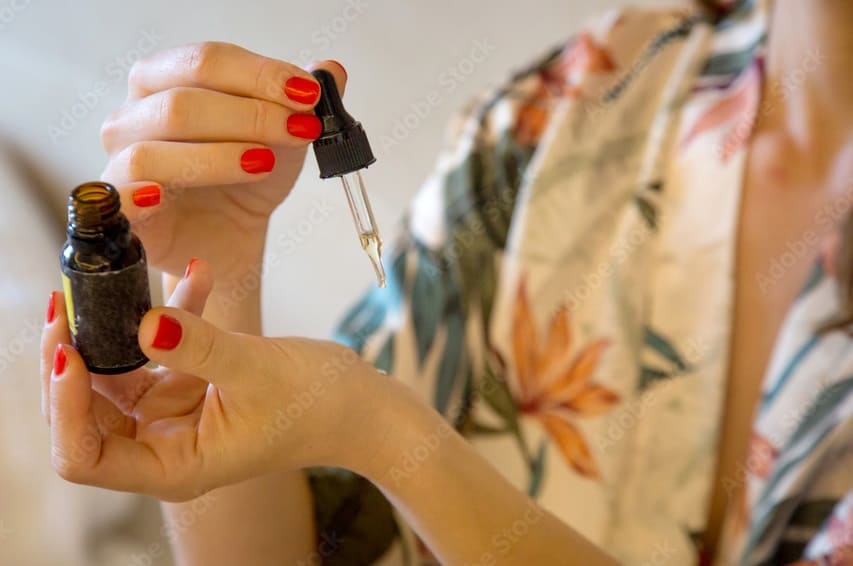Essential oils have become a staple in many beauty and wellness routines, renowned for their therapeutic properties and delightful scents. However, while they can offer numerous benefits, using essential oils on the skin requires caution and knowledge. Here’s a friendly guide to help you navigate the essentials of using essential oils on your skin safely.
1. Dilution is Key
Think of essential oils as concentrated powerhouses; a little goes a long way! Applying them directly to your skin can lead to irritation or even burns. Always mix your essential oil with a carrier oil—like coconut, jojoba, or almond oil—before using it. A good rule of thumb is to add 1-2 drops of essential oil to a teaspoon of carrier oil. This way, you get all the benefits without the risk!
2. Perform a Patch Test
Before diving headfirst into your new essential oil adventure, do a patch test. Simply dab a small amount of the diluted oil on a less visible part of your skin, like your forearm, and wait 24 hours. If you notice any redness, itching, or irritation, it might not be the right fit for you. Think of it as a little safety net for your skin!
3. Know Your Skin Type
Understanding your skin type is crucial when choosing which essential oils to use. For instance:
- Oily Skin: Tea tree and rosemary oils can help keep excess oil in check.
- Dry Skin: Look for hydrating oils like lavender or geranium, which can provide much-needed moisture.
- Sensitive Skin: Soothing oils like chamomile and frankincense might be just what you need.
Choosing the right oil for your skin type can make all the difference!
4. Consider the Quality of Oils
Not all essential oils are created equal. Go for high-quality oils from trusted brands, preferably those labeled as therapeutic grade. Steer clear of synthetic fragrances that can contain nasty chemicals. A little research can go a long way in ensuring you’re using the best oils for your skin.
5. Be Mindful of Photosensitivity
Some essential oils, particularly citrus ones like lemon, grapefruit, and bergamot, can make your skin more sensitive to sunlight. If you use these oils, try to avoid direct sunlight for at least 12 hours after application, or consider using them in your evening routine.
6. Avoid Specific Areas
When applying essential oils, be mindful to keep them away from sensitive areas like your eyes, ears, and mucous membranes. If you accidentally get oil in these spots, rinse with a carrier oil (not water) to help soothe the irritation.
7. Consult the Experts
If you have existing skin conditions, are pregnant, or are nursing, it’s always a good idea to chat with a healthcare professional or a certified aromatherapist before using essential oils. They can guide you in choosing the safest and most effective oils for your specific situation.
8. Storage Matters
Proper storage is key to keeping your essential oils effective. Store them in a cool, dark place away from sunlight, and make sure the lids are tightly sealed. This will help preserve their potency and extend their shelf life.
Conclusion:
Using essential oils can be a beautiful addition to your skincare routine, offering everything from soothing benefits to a touch of luxury. Just remember to approach them with care and respect. By keeping these tips in mind, you can enjoy all the goodness of essential oils while minimizing the risk of any unpleasant surprises. Happy experimenting, and may your skin glow with health and happiness!
Also Read:
